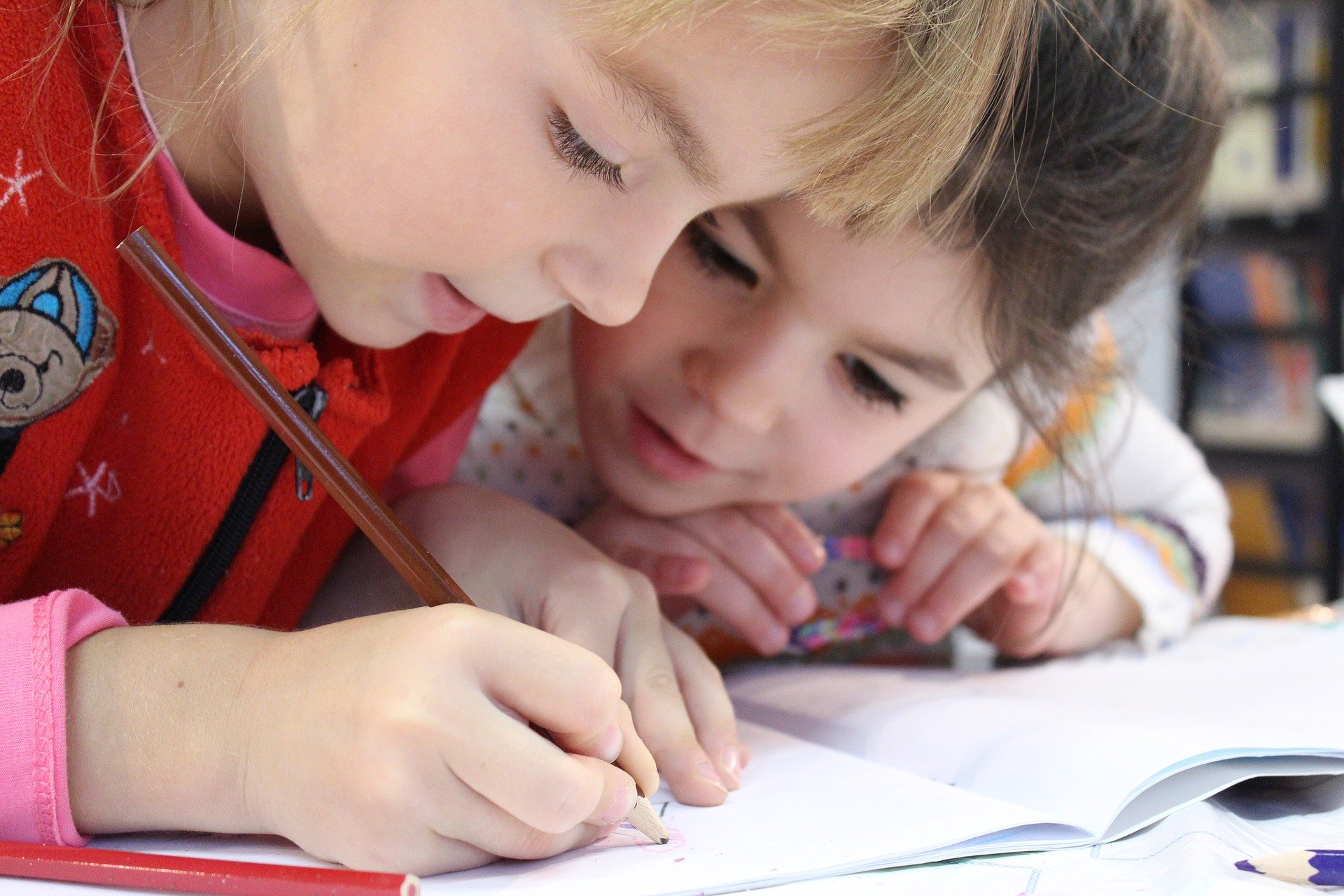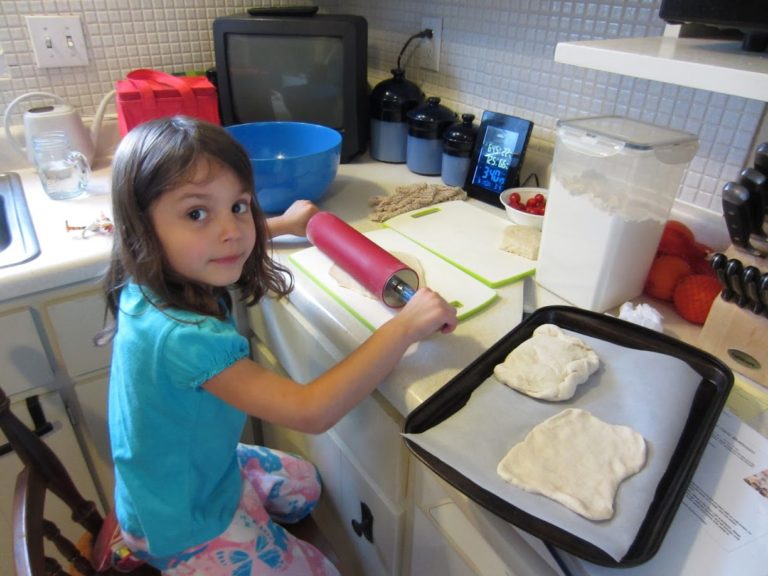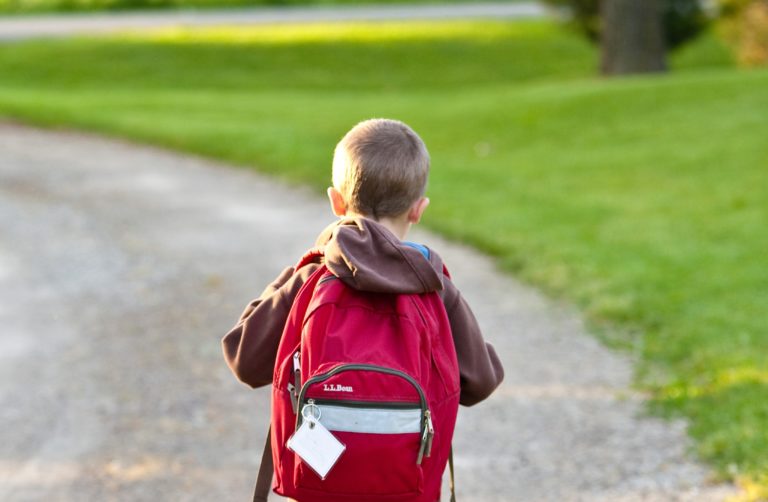To Parents Whose Schools Closed: Your Kids Are Going To Be Okay
In mid-March, schools around the United States closed, seemingly overnight. That meant a lot of parents were left with kids at home, possibly for the rest of the school year. It creates a lot of challenges for parents.
Every parent is in a different situation right now. Some parents have the capacity to facilitate the work their kids have gotten from school, or even craft their own learning experiences. Others can’t, maybe because of work, or other obligations, or because the kid is a high school student and the content is too specialized, or just because the notion of educating their kids is overwhelming.
Among the many questions that go through parents’ minds, I’m guessing some find themselves thinking, “What is going to happen to my child’s education? Is this going to hurt them? What should I be doing with them?” Even thinking about those questions might cause some parents to get anxious.
Don’t.
As a long-time high school teacher, I wanted to take a few minutes and offer some words of encouragement to all the parents whose kids are currently home because of the closures. That includes any hybrid homeschool parents who are suddenly taking on kids they weren’t originally planning on, or even just homeschool parents whose routine has been disrupted for other reasons. That also includes fellow teachers, particularly those who are teaching children outside their own area of expertise.
Here are my thoughts:
- Realize that your kid made it through about 75% of the school year before this all happened. That’s not shabby at all, especially given what I know about school years. Professionally speaking, if you’d asked me to choose when the best time of the school year to have a pandemic like this (not that there’s ever a good time), I would have said right now, when kids had worked through most of the content. Let’s be real: April and May quickly turn into testing season anyway, with less in the way of new learning than previous months. May, especially, is often akin to a lost month, as getting kids to learn things post-test season is a dicey business. Trust me, you could do a lot worse than just losing April and May. Plus, it gives us the whole summer to try and do something about this thing.
- If you have the ability to do things with your kids, great. If you can facilitate some of their learning, fantastic. But if you can’t … don’t worry about it. I’m serious. You have my professional blessing to give yourself a pass. Like I said already, they got through the most important heavy lifting of the year already. They’re in good shape.
- “But what do I do now?” you wonder. I’ll give you something: just make time to talk to your kids. If they’re young, talking to them improves what we call their receptive language — their ability to understand the words they hear — and their expressive language — their ability to communicate. Everything I’ve seen indicates that kids who are strong in those areas, in turn, do better in reading and writing, which is crucial to life outcomes. So just talking to them is education in and of itself. Don’t shortchange the value of your conversations with them. And if the kids are older? Same thing: talk to your kids. Adolescents and teens benefit from conversation because it improves their thinking skills and their ability to articulate, both of which prepare them for life after high school. If you can take a meal together, aim to go tech-free around the table. Talk about stuff. Anything. Ask questions that you know will get your kids talking.
- Remember that this is going to be a marathon, not a sprint. Know yourself. A lot of my teacher friends feel a sort of ethical obligation to continue their kids’ education, especially because they’re educators themselves (and maybe because they’ve seen all the awesome schedules their colleagues have drafted). I get it – I’ve got a daily schedule with my own kids. But all the signs point to this lasting through the rest of the school year. Don’t burn yourself out. Currently, I’ve blocked some morning time for kid work, but I sprinkle breaks in liberally, and I’ve already suggested our kids get one day “off” a week so we can do something else (probably hiking). Plus, I’m evaluating our schedule on a week-by-week basis to see where things need to be tweaked. If the kids (or I) start to flame out, I’ll cut back.
- Don’t sweat it if things slip a little. There’s a good chance that, for the next few months, your kids are going to get more screen time, eat more junk food, keep things less tidy, and otherwise do the things that in a normal world you might be more vigilant about. That’s okay. Fate has cut off a whole host of productive things we wish we could do, and we have to make the best of what we’re left with. Keeping morale up in your own little social island is paramount, and if letting kids indulge in a few minor vices here and there helps you get there, go for it. It helps the kids cope if they know there are some silver linings to this situation. Plus, let’s be real … you need time and space, too. It’s okay to let your screens babysit your kids here and there so you can take care of yourself.
- Invest in the people you’re socially isolated with. I can’t stress this enough. However your family shows love – hugs, words, service, gifts, time — show it. Like I said earlier, try to take meals together, with no distractions. Be aware of each other. Look out for each other. Take care of each other.
I hope that’s of help. Parents, you’ve got this. I promise.







